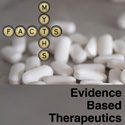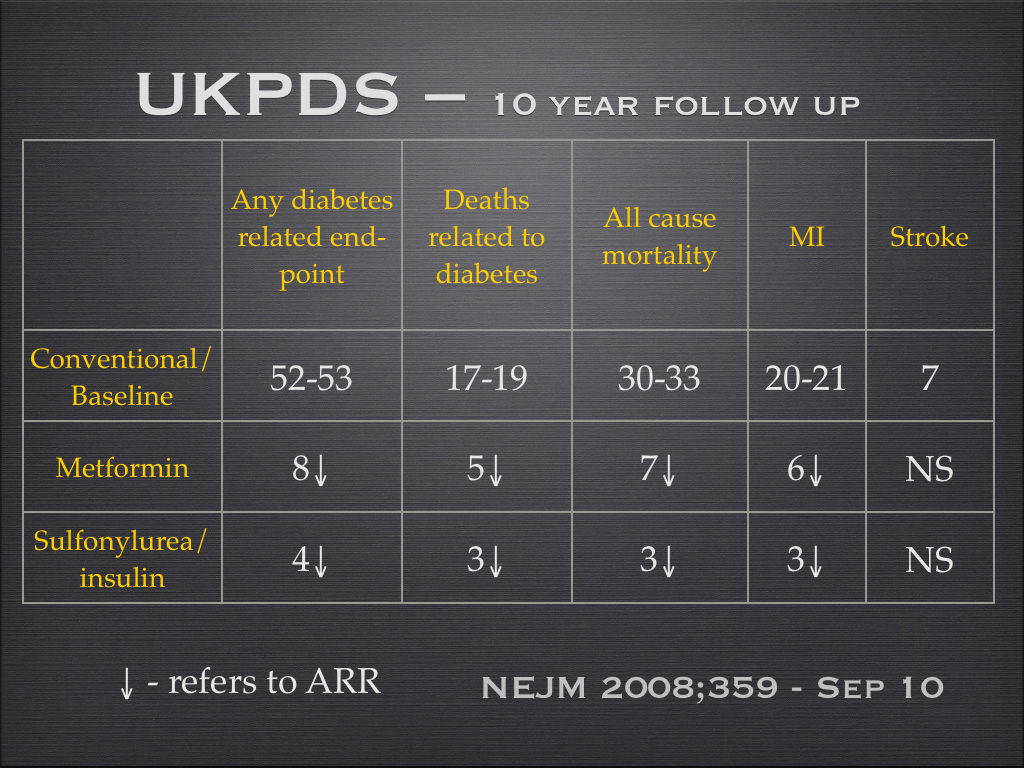Episode 63: More listener questions with answers leaving more questions
In episode 63, we again let the listeners take control as we try to deal with the excellent questions and comments that come our way. We get into a heavy discussion around issues of weight and weight loss. Mike asks James a number of questions that make him squirm and James thanks him because fidgeting is a great way to burn calories.
Show Notes
1) InfoPOEMS
2) Association between authors’ published positions and their financial relationships with manufacturers
3) J or U shape curve for BMI and mortality
4) Orlistat – the setting effects the results Effect in primary care study
Effect in tertiary care study
5) Comparison of weight loss diets
6) Fidgeting burns calories




